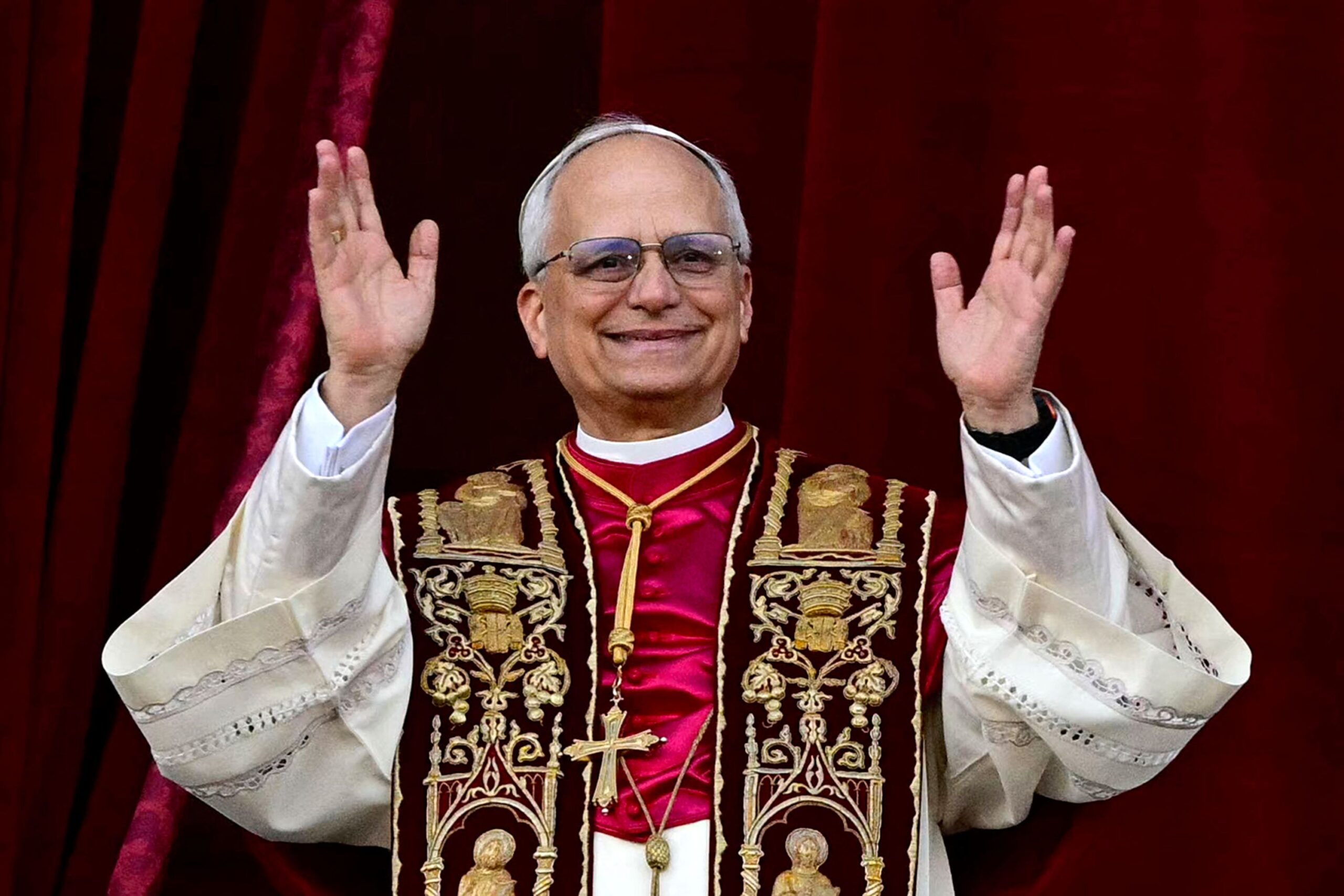As the world recently observed the transition of a new Pope, we found ourselves witnessing not just a moment of spiritual significance, but one of complex leadership. Succession at the helm of a powerful global institution brings with it a delicate balance of continuity, reinvention, and unity. And when that leader is stepping up from within, as the Pope has, the dynamics become even more nuanced.
With over 20 years of experience working with leaders at organisations like Unilever, Microsoft and the NHS, I’ve seen how critical these early days are. Whether you’re stepping into a CEO role or the papacy, the principles of successful leadership transition remain remarkably consistent.
Reinventing from within
Stepping into a leadership role from inside the organisation – especially one as steeped in tradition as the Catholic Church – presents a unique paradox. On one hand, you know the system; on the other, you must now be seen in a completely new light.
When I moved from Managing Director to CEO at Talking Talent, I made a conscious decision to approach the transition as if I were coming in externally. That meant setting intentional goals, meeting with every team member, reintroducing myself to clients, and creating space for people to understand me as the CEO, not just in the capacity they’d known me before.
This principle holds true for the Pope. Just because he has come from within doesn’t mean he can skip foundational milestones. In fact, it makes them even more critical. A structured 100-day plan, with clear objectives and early listening tours, can be transformative. Reinvention starts with intention.
From buddy to boss
One of the trickiest transitions for internal successors is navigating the shift in relationships. Yesterday’s peers are today’s direct reports. That shift can create tension if not handled with clarity and care.
When I became CEO, I found myself managing people who had been my equals. That required re-contracting those relationships – being explicit about new boundaries, expectations, and dynamics. This isn’t about becoming aloof; it’s about being honest and setting everyone up for success in the new structure.
This “buddy-to-boss” dynamic is something leaders across sectors struggle with – and it’s something even the Pope will encounter as he leads those who once viewed him as a peer.
Even seasoned leaders need support
Even though I myself am a coach by profession, I intentionally worked with a coach of my own during my transition to CEO. I believe that no leader should navigate such a pivotal shift alone. Coaching offers the space to reflect, build strategies for success, and manage the emotional weight of leadership.
For me, that support helped in reworking relationships, defining priorities, and establishing my rhythm as a leader. For the Pope, a coach – formally or informally – can play a vital role in helping him hold steady amidst intense global scrutiny.
Another area where coaching proved invaluable was in helping me define clear, targeted goals. Just because I came from within the organisation didn’t mean I could skip the groundwork. Coaching gave me tools to establish a leadership routine that balanced momentum with reflection, ambition with self-care.
For the Pope, the need for this kind of support is no different. Whether it’s a formal advisor, spiritual mentor, or confidential sounding board, having a trusted guide during this time can be instrumental. A coach can help him clarify his vision, manage the intensity of early expectations, and navigate the personal transformation that accompanies stepping into such a high-profile role.
Because leadership isn’t just about decisions – it’s about the clarity and confidence with which you make them. And no one should have to figure that out alone.
Stabilising while moving forward
Leadership transitions often come with an internal pressure to act quickly and “make your mark.” Yet the best leaders balance that urgency with deliberate patience.
The Pope, like any new leader, will need to identify early wins – perhaps a neglected priority or a symbolic gesture to signify renewal. But those wins must be balanced with strategic pause: taking the time to understand the pulse of the organisation, assess what truly matters, and create space for reflection.
Leaders often ask me, “How do I hit the ground running without rushing?” The answer lies in rhythm. Establishing a personal leadership routine – be it time for thinking, reading, spiritual reflection, or conversations with key advisors – helps maintain momentum without burnout. It’s not about doing everything at once; it’s about doing the right things in the right order.
Building the right team
One of the most impactful early decisions a leader can make is around their team. Does the current team reflect the direction you want to lead in? Do they complement your leadership strengths – or do they mirror them too closely?
A leader’s effectiveness is rarely about individual brilliance. It’s about the system of people around them. The Pope may need to evaluate whether his inner circle is equipped to support his vision. Does he have the strategic minds, operational hands, and spiritual advisors to balance out his own skill set?
These aren’t questions of loyalty or tradition – they’re questions of alignment. And great leaders aren’t afraid to make the adjustments needed to create a high-performing team.
Inclusive leadership in action
Perhaps more than any other role in the world, the Pope must unify a vast, diverse audience – across cultures, generations, ideologies, and lived experiences. This is inclusive leadership in its purest form.
In the corporate world, we talk about inclusion as a business imperative. In the Church, it’s a spiritual and moral imperative. Uniting people doesn’t mean agreeing with everyone – it means creating space for all to be seen, heard, and valued.
The Pope’s success will hinge on his ability to listen deeply, speak authentically, and embody a vision that resonates across difference.
Self-care is a leadership strength
Lastly, even a Pope needs to look after his wellbeing. Leadership is emotionally demanding, and self-care isn’t indulgence – it’s responsibility. Whether through solitude, prayer, conversation, or even a glass of wine with trusted friends, creating moments to reset is essential.
Because when leaders care for themselves, they lead others better. And when they show humanity, they build trust.







